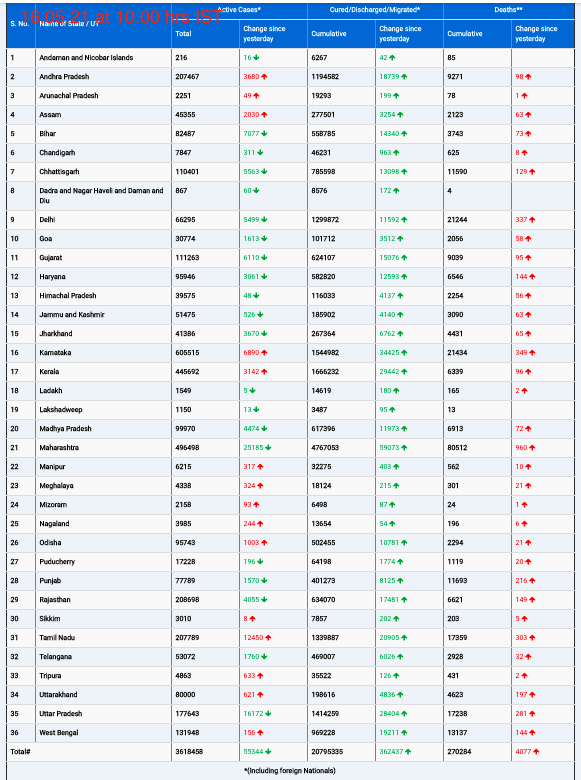Berlin, Germany – The effectiveness of cancer treatments may significantly depend on the time of day they are administered, according to groundbreaking research conducted by scientists at Charité – Universitätsmedizin Berlin. The study, recently published in Nature Communications, reveals that aligning chemotherapy with a patient’s circadian rhythm—the internal clock governing various bodily functions—could enhance treatment outcomes, particularly for aggressive forms of cancer such as triple-negative breast cancer.
The concept of circadian rhythm has long been recognized in regulating sleep, digestion, and other essential processes. However, this biological clock also influences the behavior of individual cells, including how they respond to medications. While previous studies have suggested that chemotherapy is most effective when tumor cells are actively dividing, this knowledge has not yet been widely integrated into clinical practice.
Tailoring Treatment to the Body’s Clock
An interdisciplinary team led by Dr. Adrián Enrique Granada from the Charité Comprehensive Cancer Center (CCCC) has developed a novel method to determine the optimal time for administering cancer treatments, focusing on the circadian rhythms of tumor cells. The research primarily concentrated on triple-negative breast cancer, a notoriously aggressive form of the disease with limited treatment options.
“We cultured cells from patients with triple-negative breast cancer to observe how they respond to medications at different times of the day,” explained Carolin Ector, a research associate in Granada’s group. Using live imaging and complex data analysis, the team meticulously monitored the circadian rhythms, growth cycles, and medication responses of the cancer cells.
The results were striking. The chemotherapeutic drug 5-fluorouracil (5-FU) demonstrated peak efficacy against certain cancer cell lines between 8:00 and 10:00 a.m. These findings were linked to specific cellular and genetic factors, including what the researchers termed “core clock genes.” These genes play a pivotal role in determining how responsive cancer cells are to treatments at different times of the day.
Toward Personalized Cancer Treatment
This research opens the door to personalized cancer treatment schedules tailored to a patient’s individual circadian rhythm. By creating detailed profiles of how different cancer cell types respond to various medications at different times, clinicians could identify the most effective drug combinations and reduce harmful side effects.
“Our findings indicate that personalized treatment plans based on individual circadian rhythms could substantially improve the efficacy of cancer treatment,” said Dr. Granada. “Moreover, undesirable side effects could also be reduced.”
However, before these findings can be translated into clinical practice, further validation in larger patient studies is needed. Dr. Granada and his team also plan to delve deeper into the molecular mechanisms behind the circadian influences on medication sensitivity, aiming to optimize treatment times further and uncover new therapeutic targets.
Collaborative Effort
This pioneering study was conducted in collaboration with the Department of Chronobiology at Charité, led by Prof. Achim Kramer, and involved contributions from the Institute for Theoretical Biology at Humboldt-Universität zu Berlin and the University of Luxembourg. The research was funded by the German Federal Ministry of Education and Research (BMBF) and the German Research Foundation (DFG).
As the quest for more effective cancer treatments continues, this research highlights the potential of chronotherapy—aligning treatment with the body’s natural rhythms—as a promising avenue for enhancing patient outcomes and advancing personalized medicine.











